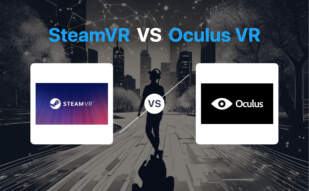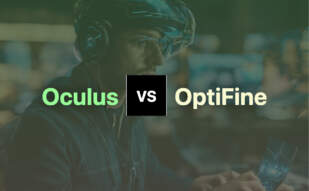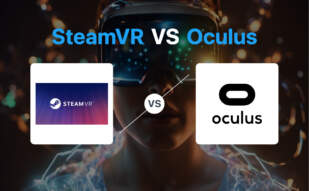When comparing VR Headset and Oculus, Oculus is the clear choice for modern immersive experiences, thanks to superior technological advancements and the backing of industry giants. Yet, for historic relevance and a glimpse into VR’s origin, general VR headsets vividly showcase the technology’s evolutionary journey.
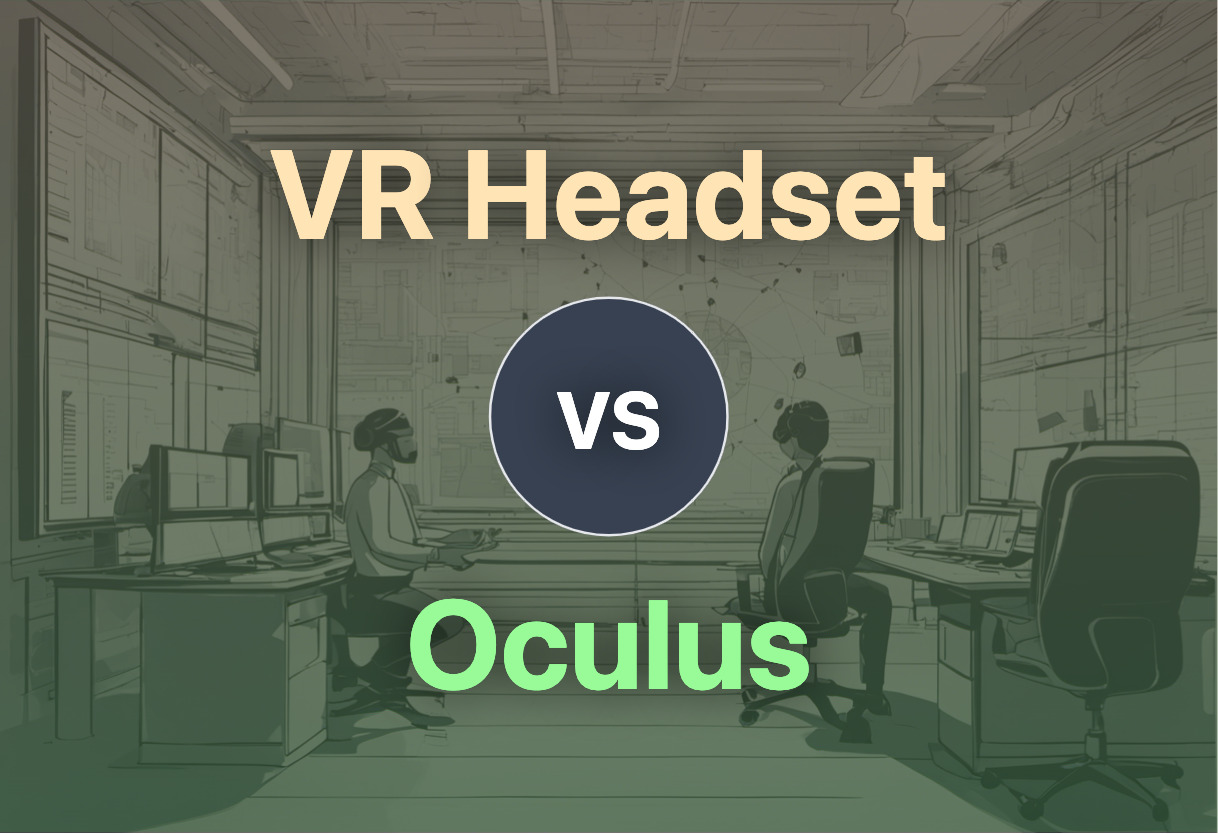
Key Differences Between VR Headset and Oculus
- Historical Depth: VR Headset has a richer historical lineage, spanning centuries, Oculus is a recent revolution.
- Technology: Oculus represents cutting-edge technology with features like enhanced FOV & superior resolution, generic VR headsets vary significantly.
- Backing: Oculus, back by Facebook’s resources, assures rapid evolution, while VR headsets typically lack similar support.
- User Experience: Oculus stands out for its immersive experiences, a trait not wholly representative of all VR headsets.
| Comparison | Virtual Reality (VR) | Oculus Rift |
|---|---|---|
| Initial Concept | 1838 (Stereo Vision) | 2011 (Prototype by Palmer Luckey) |
| First Commercial Product | 1985 (VPL Research) | 2013 (Oculus Rift DK1) |
| Signature Invention | Sensorama, immersive multisensory stimulation by Morton Heilig | Oculus Rift, providing a realistic VR experience at an affordable price point |
| First Major Public Recognition | 1838 (Charles Wheatstone’s stereoscope) | 2013 (Oculus Rift DK1) |
| Major Milestones | Ivan Sutherland’s concept of the Ultimate Display (1965), Google’s stereoscopic 3D mode for Street View (2010), Facebook’s acquisition of Oculus (2014) | Rift DK1 release (2013), Positive review from John Carmack (2013), Facebook Purchase (2014), Oculus Rift S (2019) |
| Latest Developments | Oculus Quest 2 (2020), Apple’s entry into VR with Apple Vision Pro (2023) | Discontinuation of Oculus Rift line (2021) |
What Is Virtual Reality Technology and Who’s It For?
The journey of Virtual Reality (VR) technology has been trailblazing, laying the foundation for a unique digital landscape that has no parallel. Birthed from the concept of stereopsis in 1830, VR has since transcended its primitive stages, transforming into an immersive, multisensory experience. VR tech has found its purpose across several sectors, serving industries like gaming, training, and virtual tours.
VR technology stands as a testament to ingenuity, appealing to tech-enthusiasts, data scientists, game developers, and explorers of artificially constructed realities. From startups to multinational corporations, the VR offers endless possibilities in revolutionizing user experience and engagement.
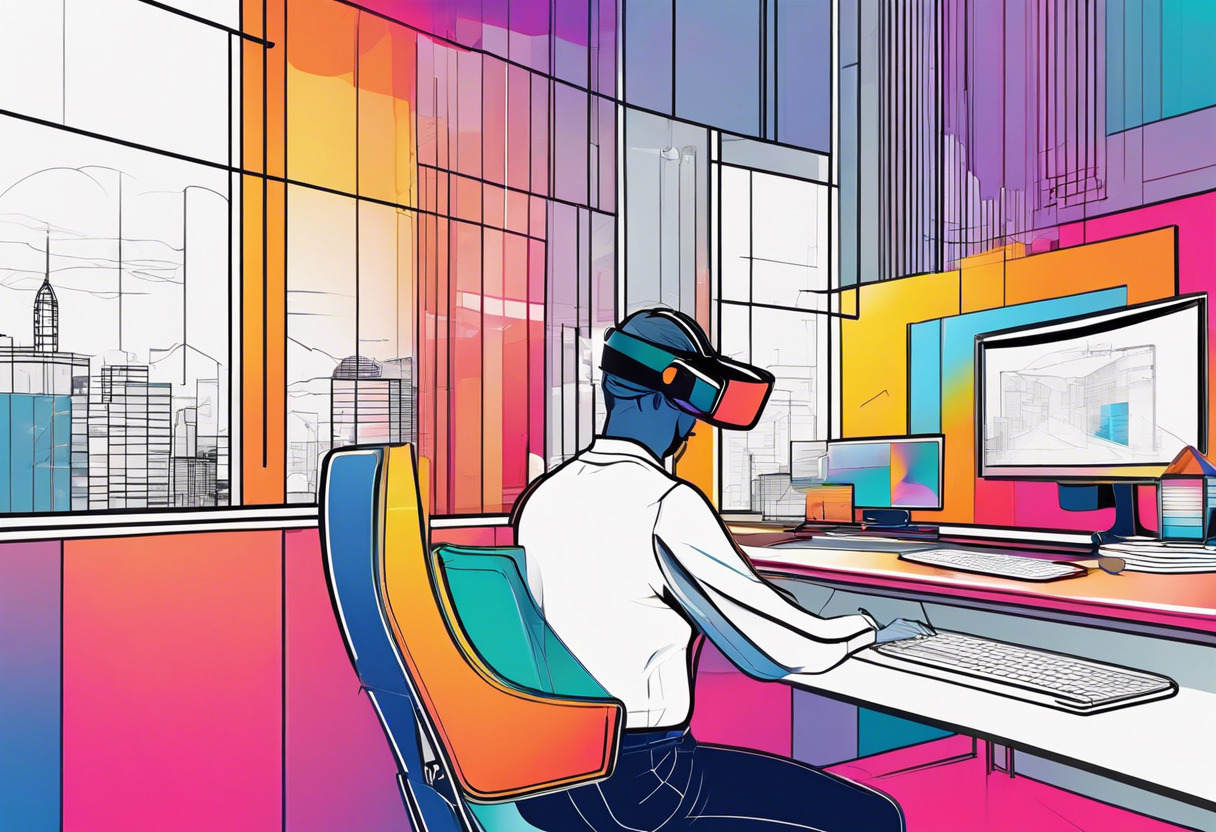
Pros of Virtual Reality Technology
- Immersive user experience
- Extensive application across industries
- Constantly evolving technology
- Increased reality precision with Head-Mounted Display (HMD)
Cons of Virtual Reality Technology
- High cost of advanced equipment
- Potential for motion sickness
- Requires powerful hardware to run
- Lack of quality content
What Is Oculus Rift and Who’s It For?
In the universe of VR, Oculus Rift rules supreme. Developed and manufactured by Oculus VR, a company founded by Palmer Luckey, Oculus Rift heralded a new dawn for immersive gaming. It was the first VR headset to offer a highly-realistic experience at a commercially viable price, leveraging novel technology to amplify the quality of the user’s virtual journey.
Targeting gamers, tech savants, and anybody with an appetite for the exceptional, Oculus took the VR sector by storm. From enthralled teenagers to adults seeking an escape from the real world, Oculus caters to a diverse range of customers, captivating them with rich, vibrant VR realms.
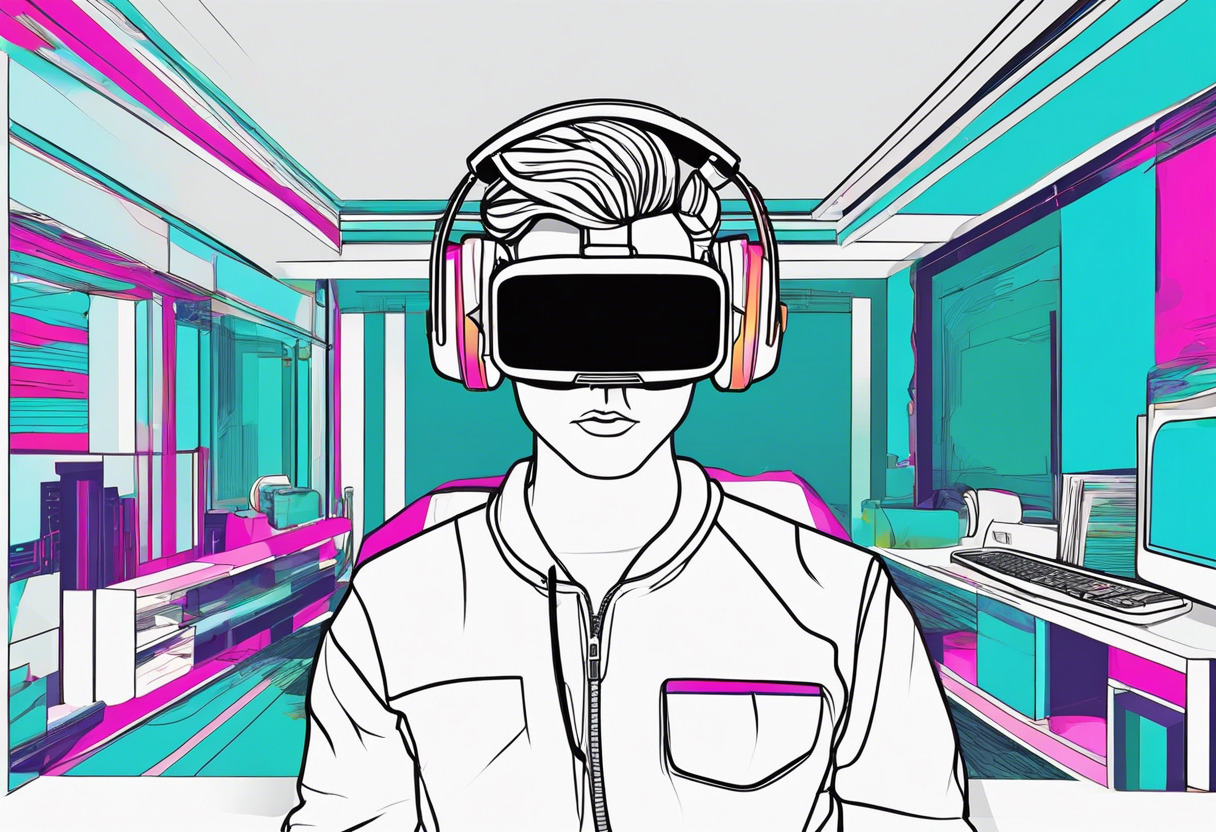
Pros of Oculus Rift
- Realistic and immersive VR experience
- Affordable high-quality VR headset
- Large field of view and high resolution
- Excellent head tracking capabilities
Cons of Oculus Rift
- Requires powerful hardware to fully function
- Discontinued production of Rift line
- Limited software library
- May cause discomfort during prolonged use
The Final Verdict: VR Headset or Oculus?
Drawing from an extensive history, and with each creating significant waves in the tech landscape, the decision between VR headset vs Oculus may appear daunting. Let’s demystify for segmented audience bases.
Historically intrigued tech adopters
The broader VR Headset landscape could appeal to this group. With a rich history starting from the 1830s, the development of the stereoscope and the concept of the Ultimate Display to the contemporary strides made by Meta, Google and Apple, VR headsets encapsulate the evolution of the technology.
- For those entranced by the historical progression of tech, the broad VR space holds greater allure.

Tech enthusiasts focused on accessibility and quality
On the other hand, the Oculus Rift, as the first VR headset to offer an immersive experience at an accessible price, might appear more enticing. The reduction of the screen-door effect, the absolute head orientation tracking, and the alluring 90 degrees horizontal, and 110 degrees vertical 3D view speaks to Oculus’s focus on exquisite user experience.
- For those fueled by high-quality performance and user experience, Oculus stands as a formidable champion.
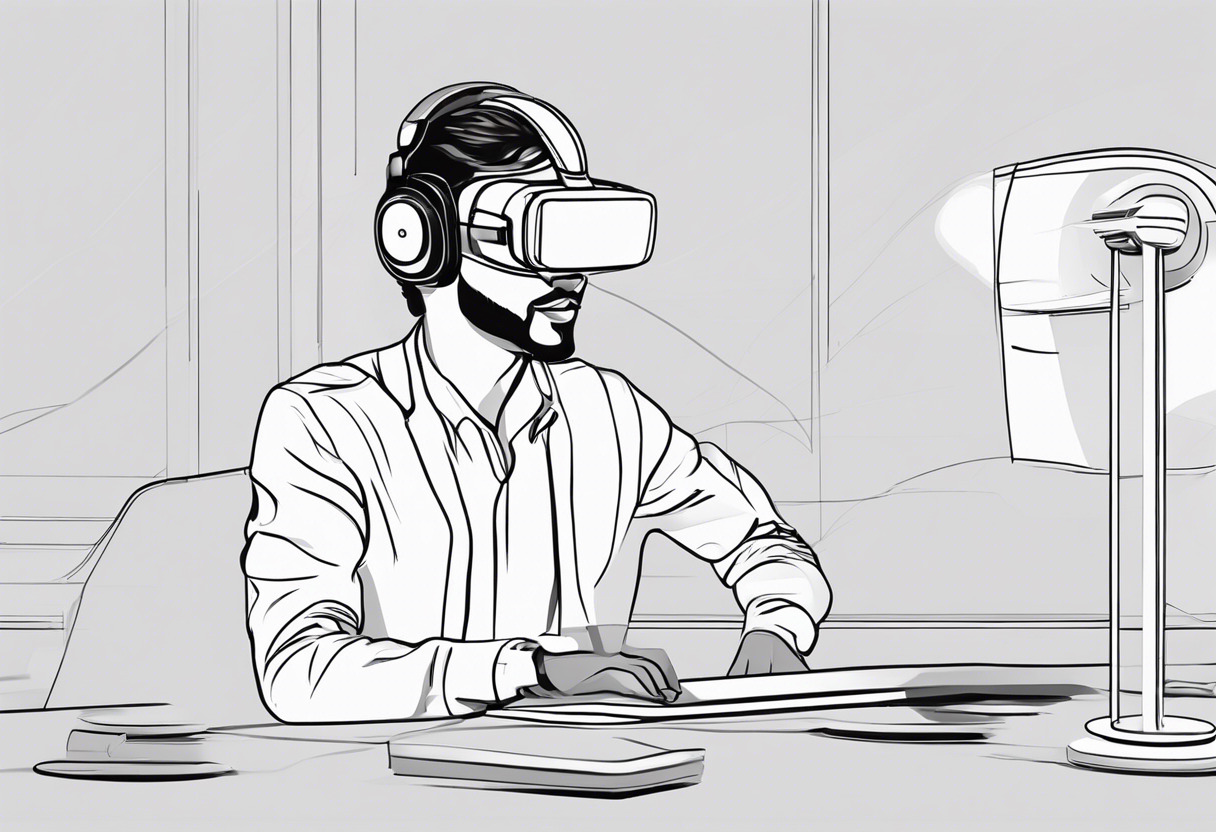
Innovators infatuated by pioneering tech
Those compelled by trailblazing technology may have their gaze affixed on the VR Headset. The inception of the Virtual Reality Toolkit in 1992, NASA’s project VIEW, or Google’s 3D mode for Street View in 2010, are landmark events that resonate with the spirit of innovation.
- Innovation devotees might find the VR Headset space more satiating for their hunger for exploration.
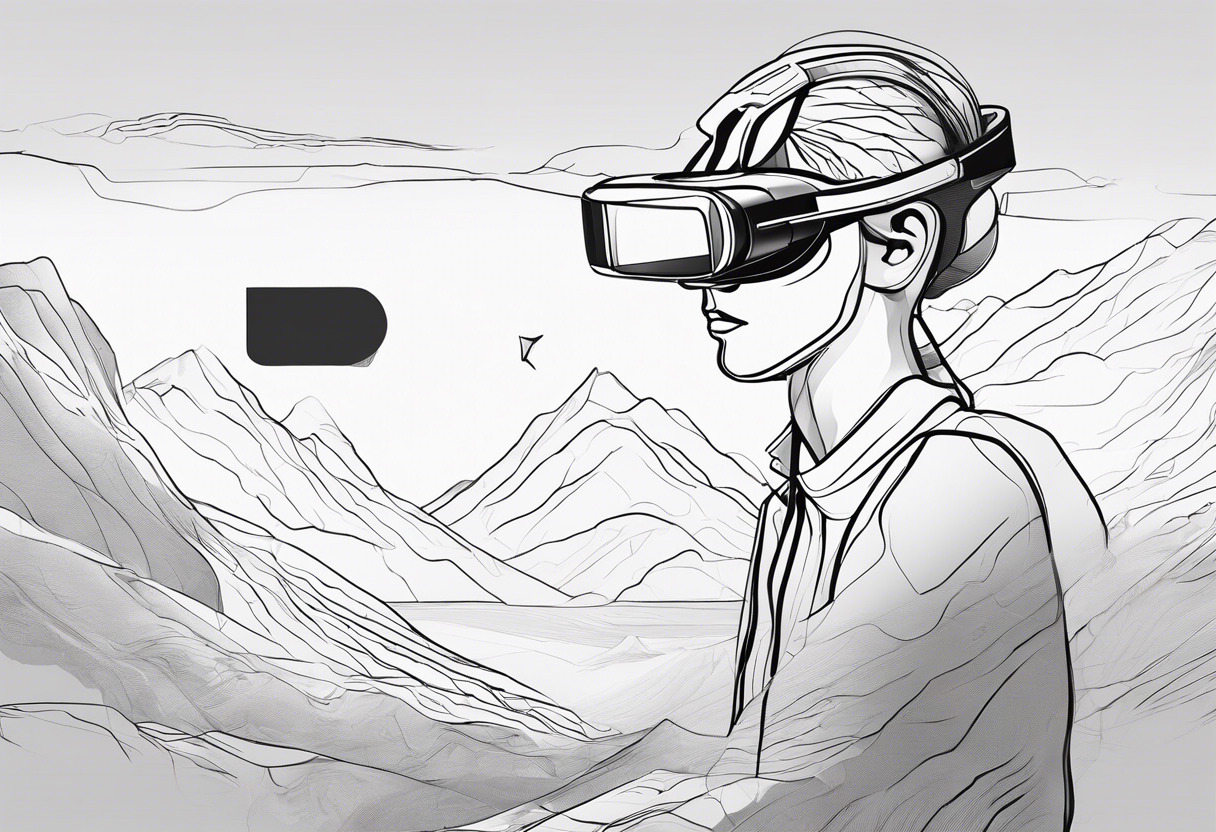
If you’re a historian at heart or an innovator in spirit, the broad VR Headset landscape, marked by landmarks like Heilig’s Sensorama and Lanier’s goggles, might captivate you. Alternatively, if you’re a technophile focused on accessible quality, the Oculus Rift, with its minimized screen-door effect and superb head-tracking, may pull you in.
Hannah Stewart
Content writer @ Aircada, tech enthusiast, metaverse explorer, and coffee addict. Weaving stories in digital realms.



